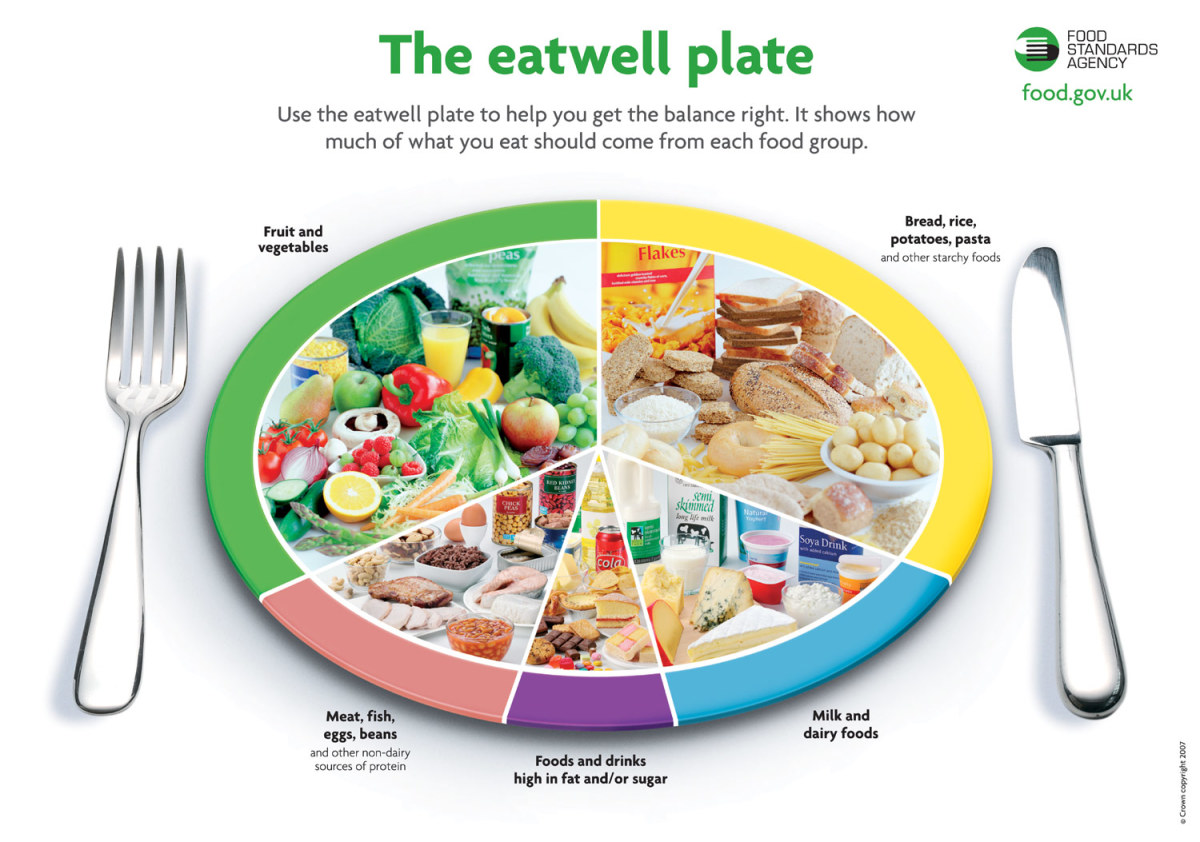Low-Fat vs. Low-Carb Diets: Which One is the Right One in the Long Run?

There are two types of diets that are very popular these days because they have been shown to be at least somewhat effective in helping people to lose weight. The first type of diet is the low-fat diet in which you focus on limiting your total fat intake. On a low-fat diet, your daily meals consist primarily of fruits, vegetables and whole grains. The other diet is the low-carb diet which, of course, is where you limit the total amount of “bad carbs” that you take in. On a low-carb diet, your daily meals consist mostly of meat, eggs, dairy and some vegetables. Either of these diets can be effective on their own. However, new research indicates that one might be better than the other depending on what it is that you are looking for in terms of the results of your diet.
Low-Carb Diets Show Faster Big Results
The people who choose to consume a low-carb diet are going to find that they are happier with their immediate results than are people who choose a low-fat diet. This is due to the fact that people who choose a low-carb diet tend to lose more weight in the first year of the diet than do people who choose a low-fat diet. If you are looking to lose a lot of weight quickly then you are probably going to want to choose a low-carb diet.
Low-Fat Diets Show Longer-Term Results
Unfortunately, the weight loss from the low-carb diet doesn’t stick as well as the weight loss from a low-fat diet does. The same research found that the people who lost all of that weight in the first year of a low-carb diet tended to gain it all back within the following two years. Three years after beginning the diet, these people were usually back to their pre-diet weight. In contrast, the people who chose a low-fat diet were more likely to have kept off the pounds over the course of three years. If what you are seeking is long-term weight loss then you might want to consider choosing a low-fat diet instead of a low-carb diet.
Slow and Steady Wins the Diet Race
What this research tells us is that a smart approach to dieting is one that is a long-term “slow and steady” approach. With a low-fat diet, you aren’t going to see a lot of weight loss right away. This can be discouraging to people, especially if they have tried low-carb diets and seen immediate results. However, the faster that you lose the weight at the start of a diet, the more likely it is that the weight will come back. If you truly want to change your weight for good then a slower approach to weight loss is a wise choice.
Notably, one of the reasons that the low-carb diet may not work in the long run is that it’s a more difficult diet for most people to follow. It requires cutting out a large number of foods that you are probably used to eating. Although this is true of low-fat diets for some people, low-carb diets tend to pose more of a problem in this area. Because of this, people may be unwilling or unable to keep up with a low-carb diet over time but can adjust to consuming a low-fat diet for the rest of their lives.
Dieting and your Mood
The total amount of weight loss isn’t the only factor that you should take into consideration when choosing between a low-carb and a low-fat diet. Another study found that you might have a much better mood if you choose a low-fat diet. Participants in the study were monitored for their long-term mood changes while dieting. People on both a low-fat and low-carb diet had elevated or improved mood levels at the start of their weight loss. However, the good moods didn’t last for people on low-carb diets whereas they were long-lasting for people who chose a low-fat diet. This is another indicator that consuming a low-fat diet might be the better option in the long run for a majority of people.
Could a Low-Carb, Low-Fat Diet Be Combined?
One interesting thing that ought to be studied is whether it is possible to combine the benefits of both the low-carb and low-fat diet. People who jumpstart a diet plan with a low-carb approach may feel more motivated to continue dieting since they do see rapid weight loss results. However, since a low-fat diet is more effective in the long run, it would be necessary to switch eating habits to this low-fat approach at some point in the dieting process. Alternatively, a diet approach that lowers the intake of both carbs and fat could have the potential for long-lasting results.
Remember that Diets Must be Right for You
Ultimately, the most important thing to remember when choosing a diet is that there is no single diet that is right for everyone. Your weight level, ability to exercise, allergies to foods, food preferences, weight loss goals and personal health all play a contributing role in how effective a diet is going to be for you. Some people lose weight on low-carb diets and keep it off. Some people find that low-fat diets don’t help them with weight loss at all. In the end, a system of trial-and-error along with knowledgeable input from your doctor is the best approach to figuring out whether you need a low-fat diet, a low-carb diet or some other type of diet altogether.
- Low Fat Recipes: An Overview
Understanding that low-fat recipes are about more than opting for less or no fat, but rather a choice of good fats and oils, nutritional value rich types of good food, right food groups and amounts of... - Low-Fat Easy Filipino Food Recipes
Low-fat, easy recipes for favorite Filipino foods: Chicken adobo, pork adobo, and pancit. - Low-Fat Recipes for Savory Slow-Cooker Suppers
Spicy Beef Chili, Mediterranean Beef Stew, Glazed Turkey & Sweet Potatoes, Chicken Pepper Pot, Italian Pot Roast... all low fat, healthy, and 6 points or less for Weight Watchers! - What We Learned From Low Fat and Low Carb Diet Craze...
As a general rule, I'm not a dieting kind of girl. When low-fat was the thing on everyone's lips, I might have noticed more what my level of fat consumption was on a daily basis, but I didn't feel... - Low-Fat Curry Recipes - Indian and Thai
Indian and Thai curries are quite similar, except for that the essence of Indian curries is in the grand array of spices whereas Thai curries' delicacy relies more on the herbs. Here you will learn how to cook curries the convenient way and reduce sa - Low Calorie Breakfast Ideas - Healthy, Easy, Low Fat...
This article will cover my personal favorite low calorie breakfast recipes/ideas and some motivational tips and tricks on how to make sure that you eat a healthy, well-rounded breakfast every single morning. I'll also de-bunk some breakfast dieting m - "Low Fat" is another name for "High Carb"
What we eat consists of carbohydrates, fats and protein. For any amount of food we consume, the percentages of carbohydrates, fats and proteins vary, but the total of the three should always add up to 100%....








